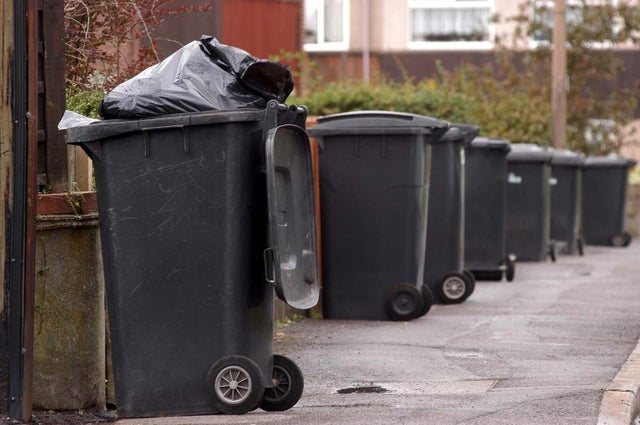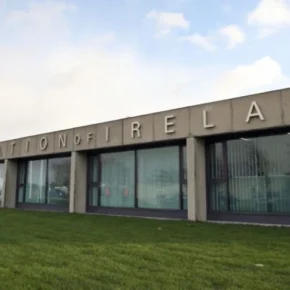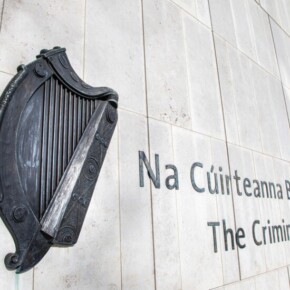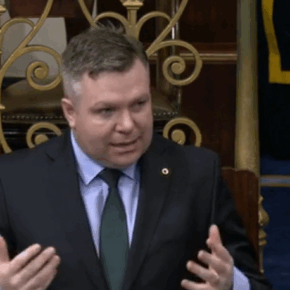DCC could face legal battle if it takes back bin collections
Gary Ibbotson 02 Mar 2023
Dublin City council would likely face stiff legal opposition if it attempted to take back control of the waste collection service from private companies, a consultant has warned.
The Institute of Public Administration (IPA) was commissioned by DCC to investigate the potential move after councillors voted to “remunicapilise” the bin collections in 2019.
The IPA compared the waste market in Dublin with four other European cities: Copenhagen, Oslo, Salzburg and Stockholm.
“Dublin is the only one of the five cities surveyed with a fully privatised system of waste collection,” it said.
“In all other cities there is a strong element of public involvement, with waste either collected by the municipality directly by publicly owned companies, or with publicly owned companies managing the service but tendering among private operators for kerbside waste collection.”
Councillors say that bringing the bin collection system back into the ownership of the local authority would help deal with the growing problem of illegal dumping in the county.
The IPA said illegal dumping “is not perceived to be a problem in the comparator cities”, whereas “3,400 tonnes of illegally dumped waste was collected in Dublin city in 2020?.
In the early 2000s, charges were introduced for waste collection and private companies were allowed enter the market.
After the private operators began offering lower fees than local authorities, councils lost market share and ran into debt.
The Dublin local authorities then decided to amend the waste management plan so waste could only be collected by the councils or contractors appointed by them.
In 2009 private companies Panda and Greenstar took a case against DCC with the courts finding the local authorities’ action represented a breach of their dominant position and was anticompetitive.
This led to councils exiting the market with Dublin City Council pulling out from waste collection completely in 2012.
At the time it was operating at a loss in the region of €10 million.
The IPA says that legislative change would be needed if the local authority was to re-enter the market and even then “it is very likely, if tested, that DCC’s re-entry into domestic waste collection and the exclusion of private operators would be deemed anticompetitive by the Courts”.
If the council instead agreed to a “concession arrangement”, where it tendered one operator to provide the service, this would not appear to be anticompetitive, the report found.
However it would also require primary legislation which could potentially apply to all local authorities.
“There is no indication that other local authorities want to change their waste collection arrangements,” it said.
Sinn Fein councillor Daithí Doolan said that Dublin “is the wild west of waste collection in Europe.
“We have 11 different private companies collecting bins across the city, with little or no control by Dublin City Council over this essential service.
“Privatisation has not served the public well.
“The report paints a damning picture of a service that is not supporting the interests of consumers or Government environmental objectives.
“Privatisation has lead to a regulatory regime that is fragmented and incomplete.”











